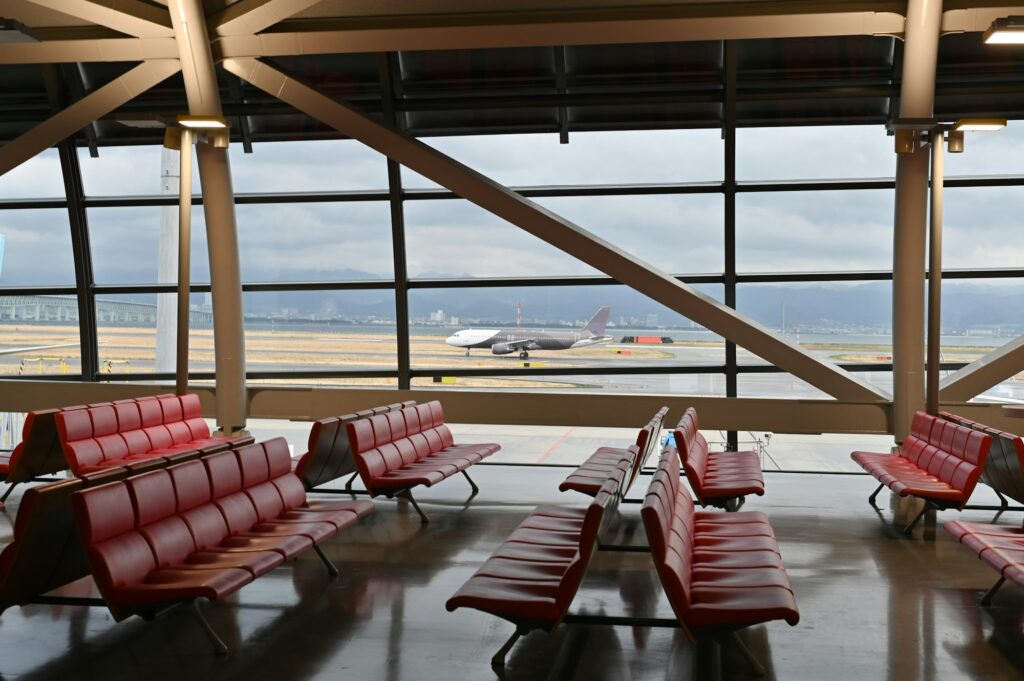In a recent and unprecedented event, a defective software update has caused widespread chaos, leading to the shutdown of airports, grounding of flights, and closure of numerous companies worldwide. The disruption, which occurred on July 19, 2024, was linked to a faulty update from the cybersecurity firm CrowdStrike. This incident has affected critical infrastructure across multiple industries, including aviation, finance, healthcare, and media.
The Scope of the Outage
The software glitch led to the grounding of over 3,300 flights globally, with major airlines such as American Airlines, United, and Qantas forced to cancel or delay operations. Airports across Europe, the United States, and Asia reported severe disruptions, with some hubs like Germany’s Eurowings suspending flights entirely. The impact was not limited to aviation; many banks, hospitals, and even supermarkets experienced significant operational challenges, leading to closures and service disruptions.
In Europe, over 300 stores of the German supermarket chain Tegut were forced to close due to malfunctioning checkout systems. Media outlets, including Sky News, were temporarily taken off the air, and Microsoft’s Azure and Office365 services also experienced outages, affecting millions of users globally.
The Cause and Response
CrowdStrike quickly acknowledged that the outage was due to a “defect” in a software update affecting Windows hosts running their Falcon agent. The company has since deployed a fix, and operations in many affected sectors have gradually resumed. Despite the chaos, CrowdStrike and security agencies in the UK and France have ruled out the possibility of a cyberattack, attributing the issue solely to the software bug.
This incident highlights the vulnerabilities of critical infrastructure to software failures, even when not directly related to malicious activities. The global response has been swift, with affected companies working around the clock to restore services, but the event serves as a stark reminder of the cascading effects that a single point of failure in software can have on interconnected systems across the world.
The fallout from this event is expected to lead to increased scrutiny of software update processes and greater investment in redundancy and fail-safe measures to prevent such widespread disruptions in the future.









